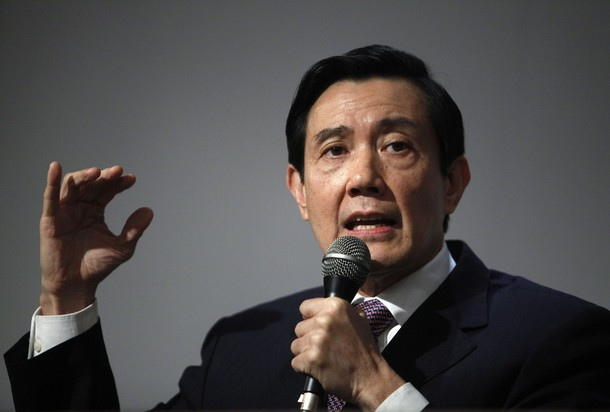The Peninsula
Taiwan’s Election and the Cross-Strait Connections to Korea

By Nicholas Hamisevicz
2012 is a year of elections and leadership transitions in Asia. Taiwan was set to have the honor of kicking things off, but the death of Kim Jong-il in late December placed much of the early year’s attention on only the second transition in North Korea. In Taiwan, Democratic Progressive Party (DPP) candidate Tsai Ing-wen made it interesting, but Kuomintang presidential incumbent Ma Ying-jeou ultimately was re-elected and the party maintained its majority in Taiwan’s national legislature. For an Asia region uncertain where moving leadership pieces could potentially impact future policies, Taiwan’s election provides observers one of the first indications of where things might be going in 2012.
The outcome in Taiwan is important for a series of reasons. It gives some indication on the future of cross-Strait relations, and subsequently, how much effort and focus the United States and China will have to put toward these issues compared to other relations in the rest of Asia. For South Korea, understanding the priorities of China and the United States in 2012 is critical for developing its own policy toward North Korea under the leadership of Kim Jong-un.
In comparison to the previous presidential leadership in Taiwan under the DPP’s Chen Shui-bian, Ma Ying-jeou said his foreign policy toward the U.S. would contain “no surprises,” which became a mantra for his whole foreign policy. Countries in Asia had already received a surprise when they heard Kim Jong Il had died, and most governments were likely hoping for a Ma victory to continue a period of relative stability between China and Taiwan. If Tsai Ing-wen was able to pull off an upset victory, concerns were that China’s more contentious nature toward the DPP would extend into the larger Asia region. But even though President Ma will have four more years in office, it does not mean everything will be stable in cross-Strait relations. In October, China will have new leaders taking over. It is unclear how the new leadership in China will approach Taiwan or if the dynamics of a new transition of power in China force the new leaders to be tougher on Taiwan issues even with Ma Ying-jeou in office.
After the death of Kim Jong Il, South Korea is trying to develop an understanding with China on approaches to North Korea. South Korean President Lee Myung-bak and other South Korean delegations have already visited China this year. But often when a country tries to improve its relations with China, its own relations with Taiwan are tested. Last year, South Korea worked to enhance its military communication with China and set up a hotline between the two countries. This was perhaps part of its efforts to prepare for change in North Korea. South Korea and China agreed to set up a military hotline; however, South Korea’s military exchanges with Taiwanese military officers had to be suspended.
South Korea and Taiwan also compete economically in Asia. Both countries export similar products to similar markets. After Taiwan signed an Economic Cooperation Framework Agreement (ECFA) with China in 2010, South Korea worried that Taiwan had better positioned itself for the Chinese and Asian markets. Last year, South Korea completed free trade agreements with the European Union and the United States, both top five trading partners for Taiwan. Taiwan fears South Korea now has better economic access, and Taiwan’s trade share with its important trading partners will decrease. Taiwan is also concerned the impact of its ECFA with China will decrease if South Korea is able to sign a free trade agreement with China.
The elections in Taiwan and later this year in South Korea enhance the collective sense in both countries that their democracies are positive examples of government for their neighbors. Candidates sometimes have to govern differently in office then what they stated during their campaigns, but for an Asian region planning for new leadership, the campaign conversations in democracies like South Korea and Taiwan better prepare neighbors for new policies.
Many were watching the election in Taiwan to determine the effects on cross-Strait relations and its impact on regional security. Ma Ying-jeou’s reelection suggests there will be few changes in how China and the United States approach Taiwan issues. For South Korea, a stable cross-Strait situation helps them engage China and the U.S. more closely in preparation for changes in North Korea under Kim Jong-un. South Korea must be careful though as changes in Chinese leadership could change the dynamics with Taiwan; moreover, as South Korea looks to coordinate and understand Chinese intentions toward North Korea, China could ask South Korea to change its policies toward Taiwan. Despite occurring after the death of Kim Jong Il, Taiwan’s elections are the start of pieces settling into place in Asia, and South Korea must understand those connections to its interests.
Nicholas Hamisevicz is the Director of Research and Academic Affairs for the Korea Economic Institute. The views represented here are his own.
Photo from Mooi’s photostream on flickr Creative Commons.
